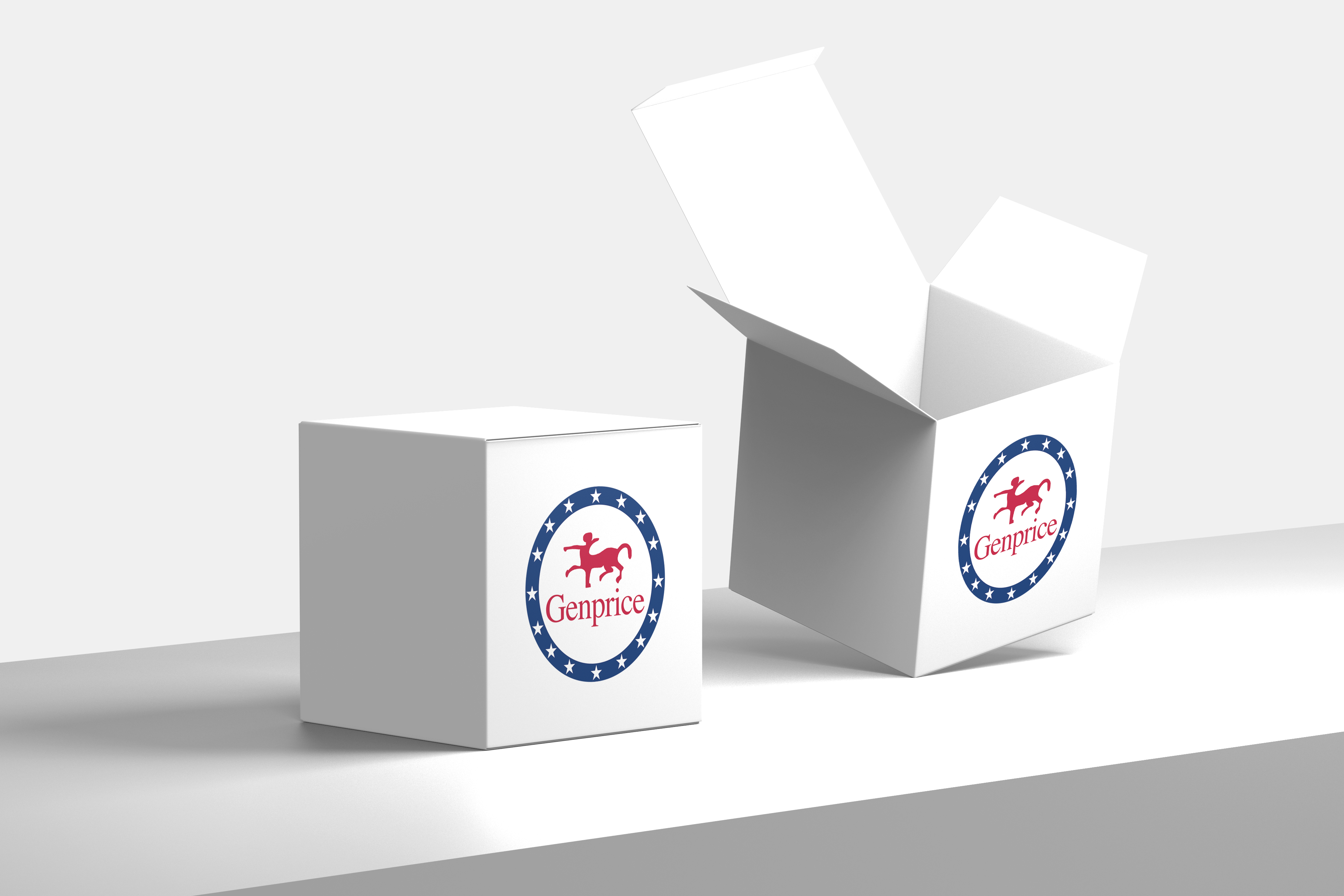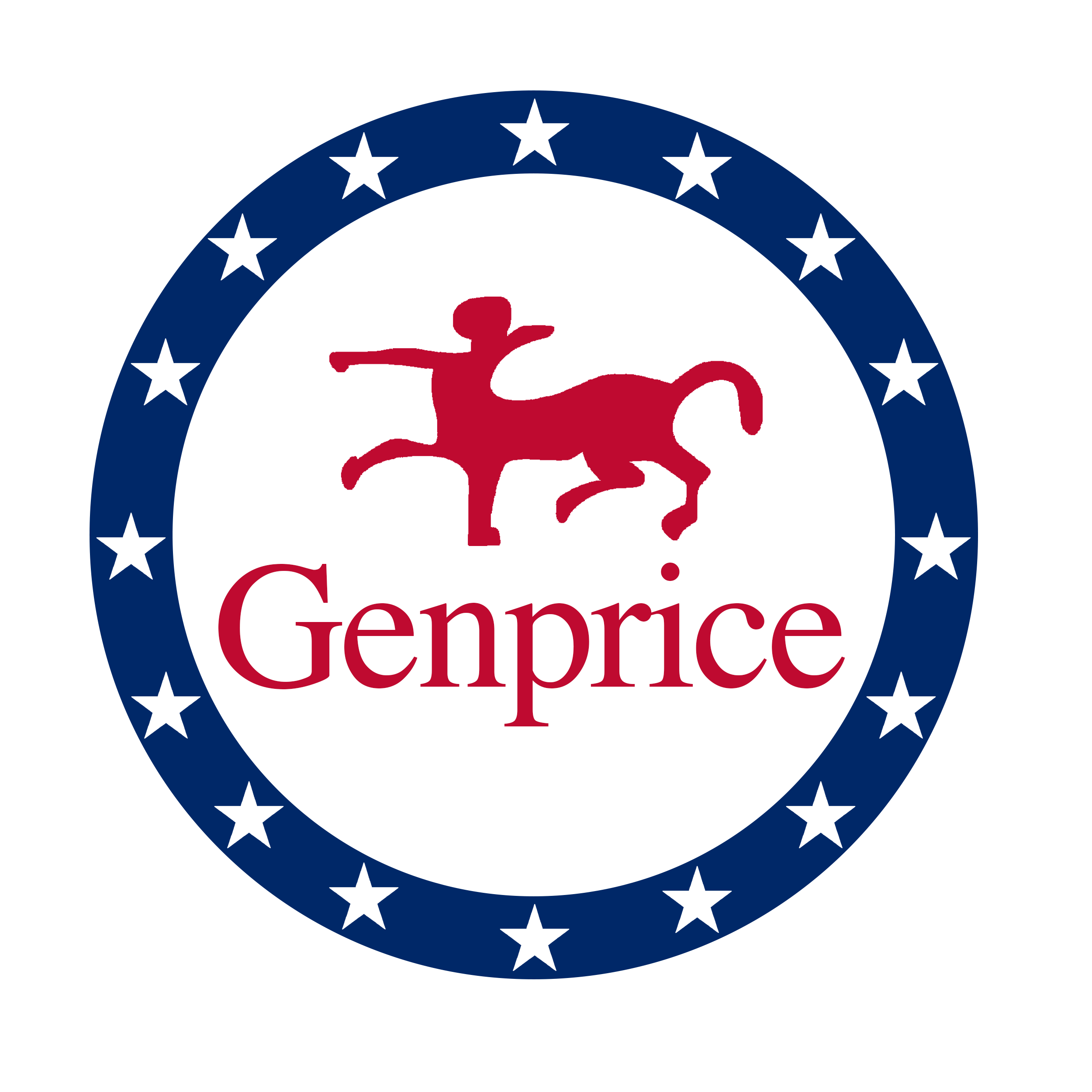+1 (408)780-0908

UCP2 rabbit pAb
Mitochondrial uncoupling proteins (UCP) are members of the larger family of mitochondrial anion carrier proteins (MACP). UCPs separate oxidative phosphorylation from ATP synthesis with energy dissipated as heat, also referred to as the mitochondrial proton leak. UCPs facilitate the transfer of anions from the inner to the outer mitochondrial membrane and the return transfer of protons from the outer to the inner mitochondrial membrane. They also reduce the mitochondrial membrane potential in mammalian cells. Tissue specificity occurs for the different UCPs and the exact methods of how UCPs transfer H+/OH- are not known. UCPs contain the three homologous protein domains of MACPs. This gene is expressed in many tissues, with the greatest expression in skeletal muscle. It is thought to play a role in nonshivering thermogenesis, obesity and diabetes. Chromosomal order is 5'-UCP3-UCP2-3'. [prov
UCP2; SLC25A8; Mitochondrial uncoupling protein 2; UCP 2; Solute carrier family 25 member 8; UCPH
7351
P55851
Mitochondrion inner membrane; Multi-pass membrane protein.
Rabbit
Human, Mouse, Rat
The antiserum was produced against synthesized peptide derived from human UCP2. AA range:64-113
Polyclonal
WB, IHC, IF, ELISA
1 year
1 mg/mL
Immunohistochemistry: 1/100 - 1/300. ELISA: 1/10000. Not yet tested in other applications.
PBS with 0.02% sodium azide and 50% glycerol pH 7.4. Store at -20°C. Avoid repeated freeze-thaw cycles.
Loading PDF...
Similar Products
| Cat | Product Name | Size | Price |
|---|---|---|---|

